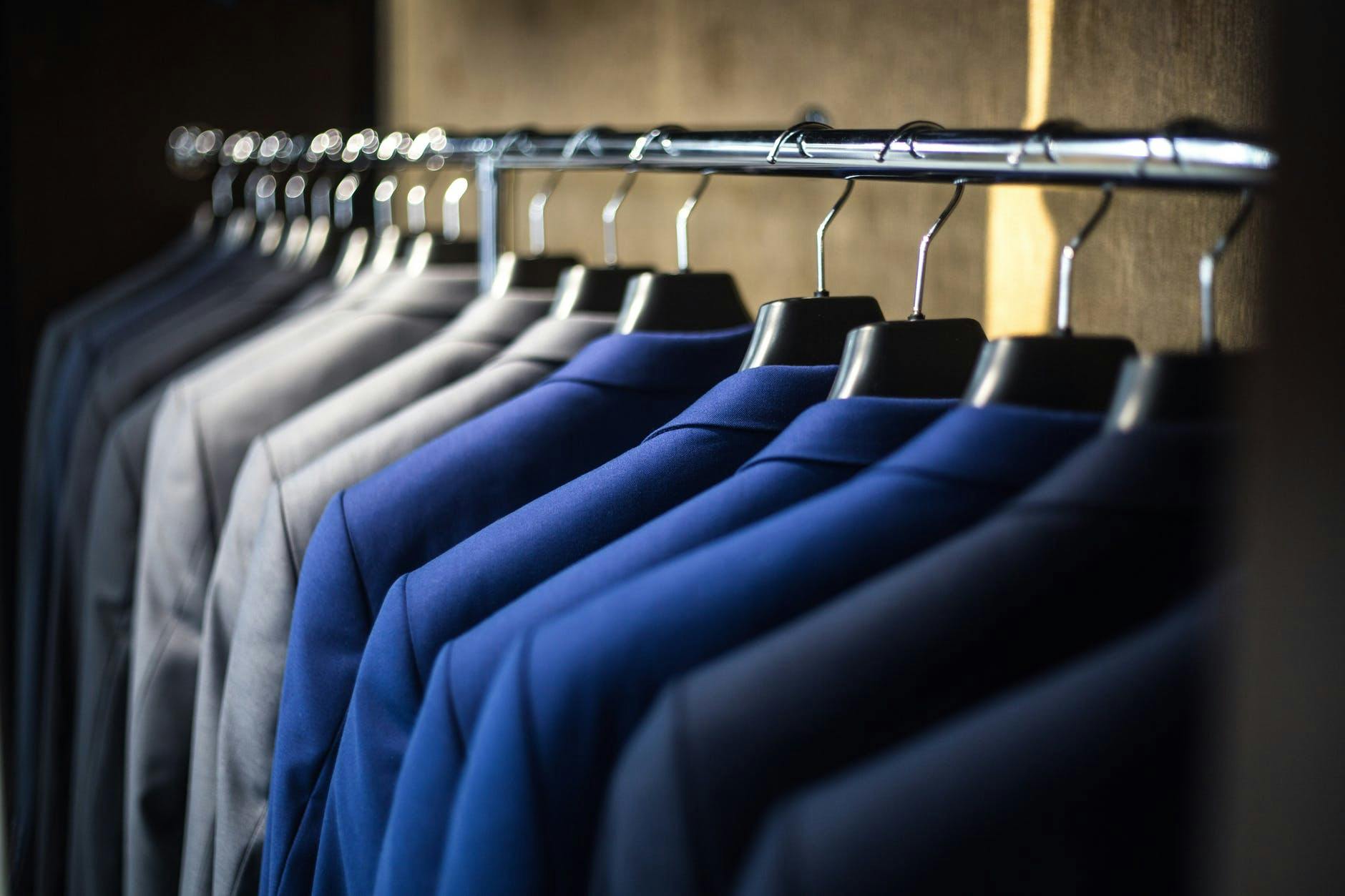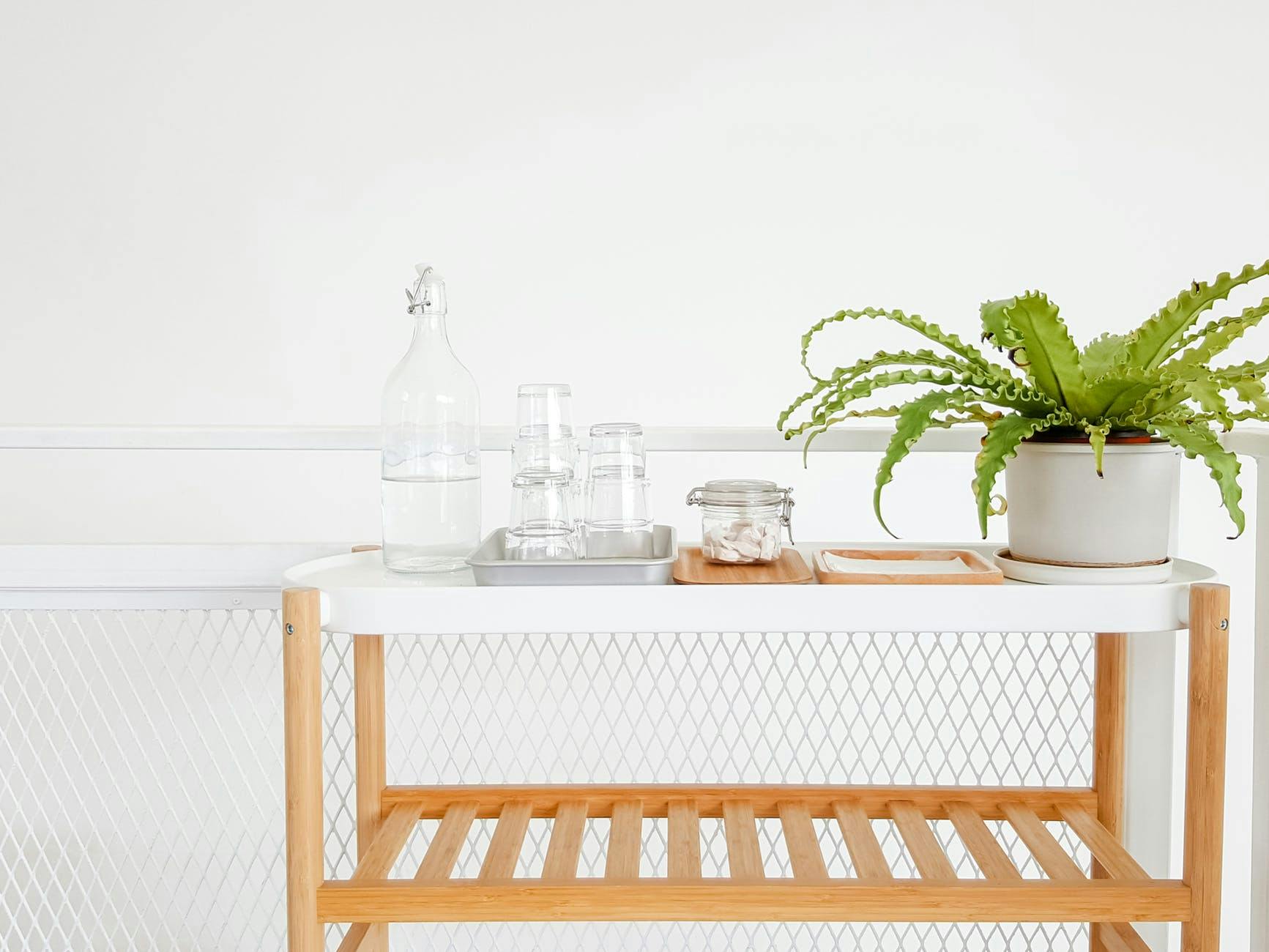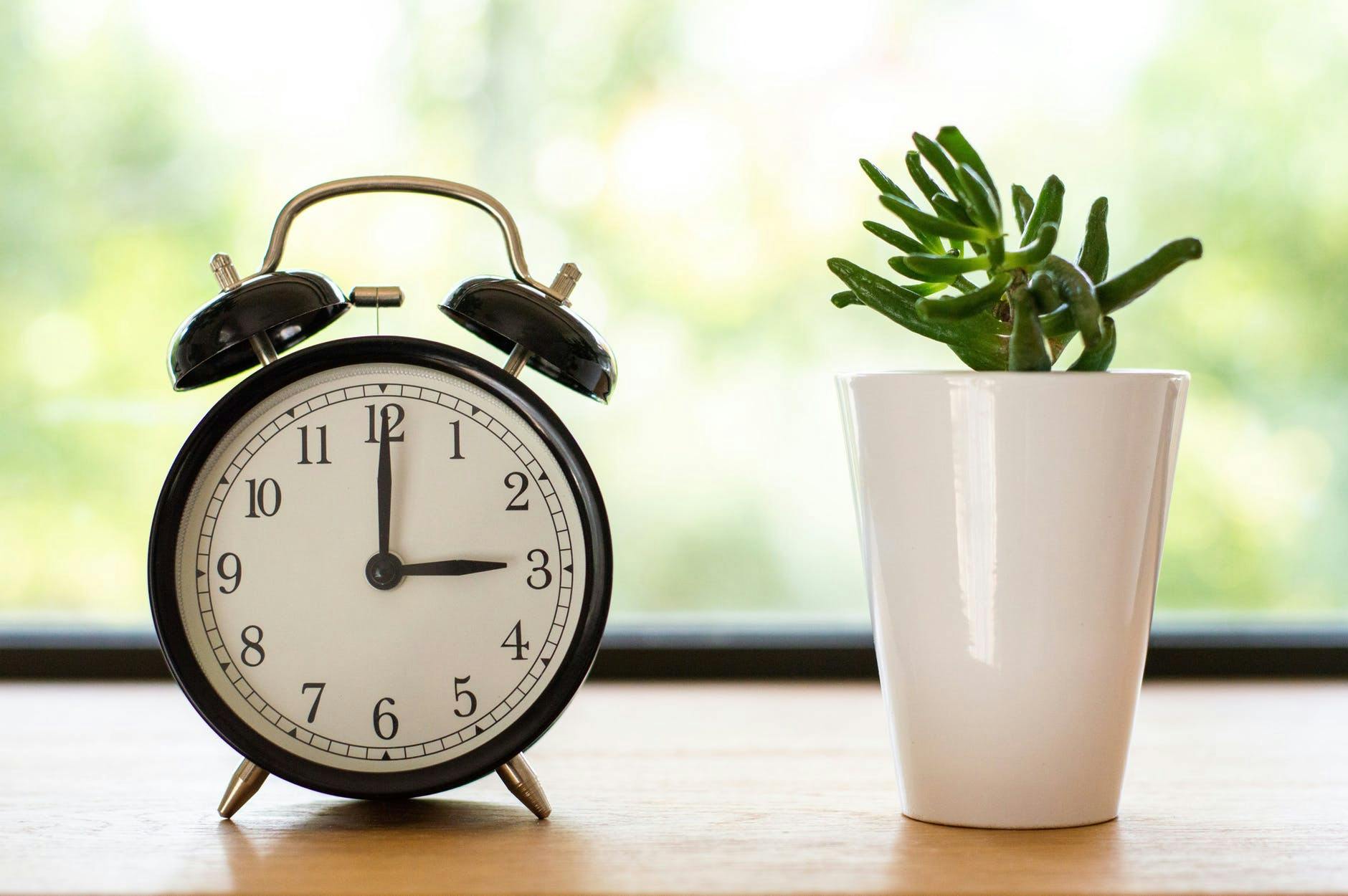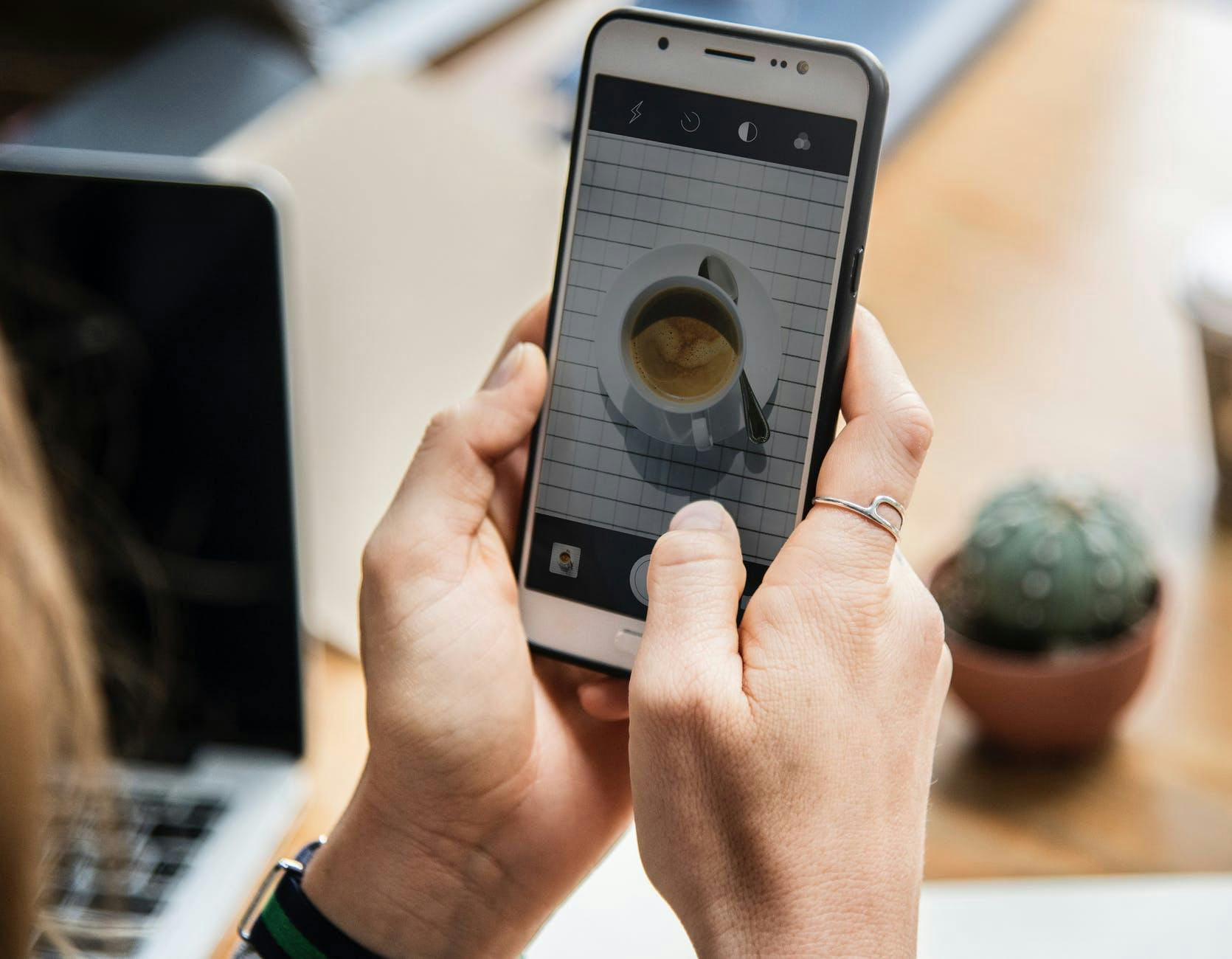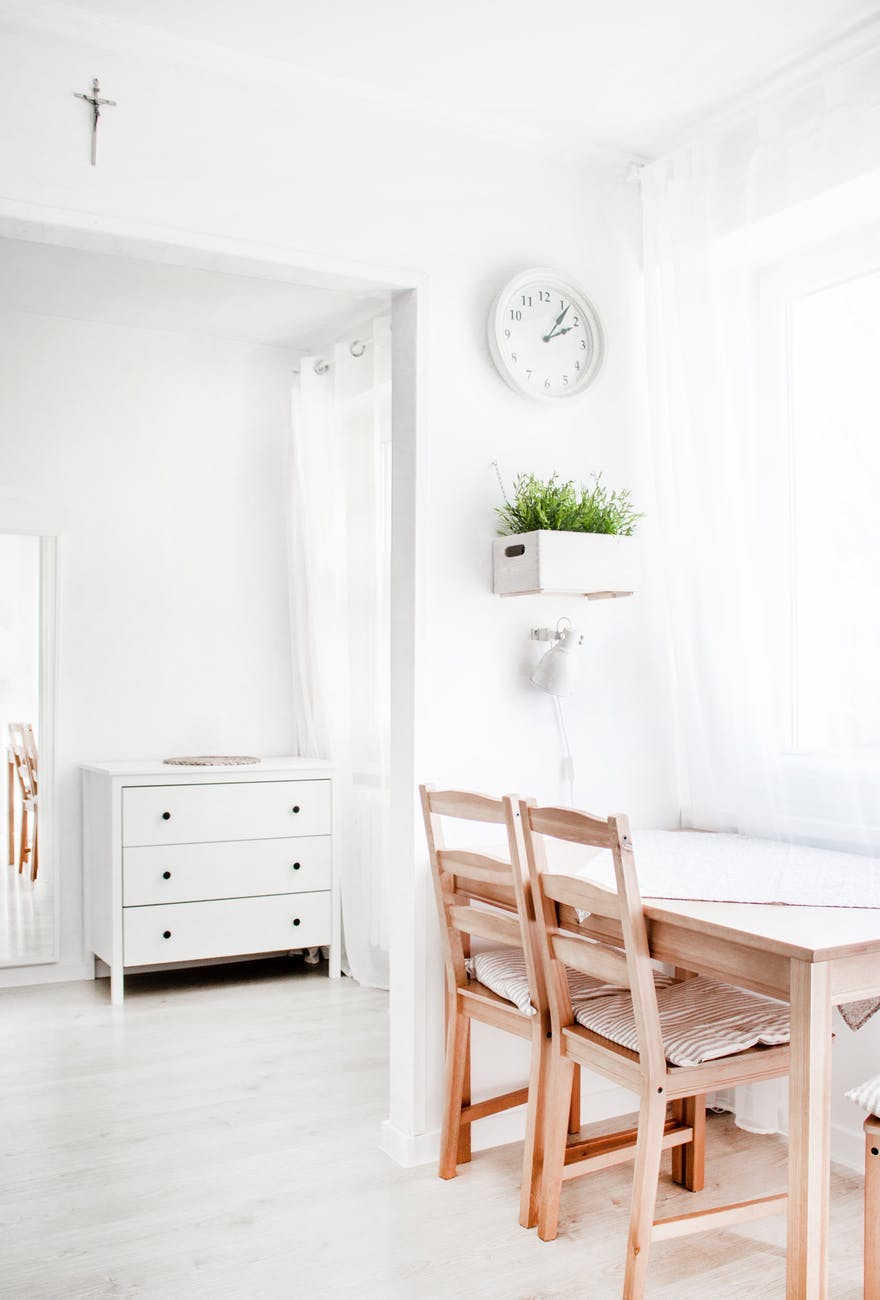You can’t underestimate the value of getting organized.
A neat and tidy home doesn’t just look better. According to science, it has countless benefits for your physical and mental health, too.
As psychologists and biologists point out, a clean house has the ability to lower stress levels and increase happiness.
But, as most of us know, keeping a clean house is harder than it sounds. After all, between work, school, extracurricular activities and day-to-day life in general, who really has time to clean?
I know the last thing I want to do after a long day is race to grab the Swiffer.
For years I worked on organizing my space more effectively…all without much success.
Rethinking Your Mindset & Stop Playing Catch Up
After a few large life changes over the last 12 months, I realized that having a plan for staying organized was absolutely essential. Not only did I have myself to look after, now I need to maintain a houseful of family members.
So I got serious.
Instead of “taking care” of it when I had time, I researched, made a plan, and studied what actually worked. After testing over 50 strategies and sharing my insights with a few friends, I saw how much others were interested and decided to write an article detailing my findings.
This article gives you the 5 best practices I’ve discovered for keeping my house organized — without spending more time or effort. These are the best “work smarter” solutions I’ve found.
1. Put All of Your Belongings Back in their “Home”
Color coordinate suits
Take a look at that pile of clothes on your bedroom floor. I used to always leave unfolded laundry in my room, leaving a small, good night reminder of the stuff I had still to take care.
As Dr. Rian Rowles points out in an article for AHC Health e-news, “When you live in a messy home, you are subconsciously reminded of the work that needs to be finished, your eyes do not have a place to rest.”
Over time, Dr. Rowles says, clutter can take a toll on your physical and mental wellbeing. “Too much clutter can cause tremendous stress and fatigue,” he explains, “When things take longer to find or can’t be found, stress levels rise, and so does your risk for illness.”
I found this to be especially important in my bedroom. Anything that distracts from rest will leave its residue on the following day. If nothing else, keep your room clear of clutter — and always take care of small tasks before bed. You will give yourself a little burst of good vibes before drifting off to sleep.
2. Use An Airpurifer to Get Rid of Dust
clean air makes for a happy home
In my old house, the ventilation system had the unfortunate habit of spreading lint from the dryer through-out the house. I’m not sure how this happened but each room would accumulate dust — almost no matter what.
Turns out most homes have this problem, though my case was a little extreme.
As Luis Villazon explains in a Q&A for Science Focus, most dust is created from the dirt, soot, and pollen that we bring into the house on our shoes and clothing.
For years I was bothered by the sight of lint all over the house. More than just that, dust can have detrimental health effects on the human body over time. Although small amounts aren’t going to kill you, it can cause respiratory problems and eye irritation if you let it build up over time.
If you or someone you live with suffers from asthma, emphysema, or allergies, dust is likely to make them worse.
The solution? Buy an air purifier. They are cheap, noiseless and you can find low-voltage ones that cost about $5 a month to run. I purchased two, put them next to the worst offending vents, and like magic the dust and lint content went from intolerable to barely noticeable.
3. Schedule a Daily Cleaning Time
Getting the timing right
For me, I always felt overwhelmed by the number of tasks related to “cleaning” the house. Not only was there the superficial stuff — dishes, laundry, etc — but cleaning the outside of the house, bathrooms, fridge, etc. a real avalanche of home chores.
I took a page out of the Power of Habit by Charles Duhigg to solve this problem.
I cleaned something — anything — everyday.
“The brain is wired to be very cautious and conservative in starting big projects,” says Randall O’Reilly, professor of neuroscience and psychology at Colorado University, “Once you do start, it takes over your brain.”
As O’Reilly explains, the brain is naturally hesitant because the work requires us to make hard decisions. In other words, your brain might be afraid of deciding whether or not to throw out all of those clothes you say you’ll wear someday but haven’t taken the tags off yet.
“Your brain recognizes that and says, ‘Maybe I won’t start on that project after all’,” he elaborates.
Like anything, I found becomes cleaning and organizing become less daunting if you chip away at it everyday. The bonus is that if you never feel the pressure to “get everything done”. Instead, so long as you can get that one thing finished, you will feel like you’ve accomplished something.
4. Avoid Multitasking
Trade in the phone for an oldschool check list
I used to use half my time cleaning as an excuse to browse Instagram. After hours of cleaning, I’d actually done very little but scrolled very much.
Daniel Levitin, neuroscientist and author of The Organized Mind, says, “The brain doesn’t multitask. Rather, the brain shifts rapidly from one thing to the next. That causes us to not be able to focus attention on any one thing, and this dividing of our attention makes us less efficient.”
So, focus on doing one thing at a time. When you attempt to do it all at once, you’re going to be much more overwhelmed by the prospect of cleaning.
Our suggestion that worked for me is to write a to-do list of chores and check them off one by one. Don’t move onto the next until you finish the first.
Most importantly don’t text or check emails while you’re trying to clean. According to Levitin, these types of activities give your brain a small jolt or neurotransmitters that trick you into thinking you’re being productive.
“Multitasking puts us in a kind of dopamine addiction loop,” he says, “Answering an email or responding to a tweet gives out these little dollops of reward.”
Of course, listening to music or having the TV on in the background is okay. But, if you get sidetracked by your phone or tablet, all of your efforts will be futile.
5. Look at Pictures for Inspiration
find some home inspiration
Social media platforms like Pinterest and Instagram are filled with images of color-coded closets and perfectly arranged countertops.
If you want a reminder of the joys of organization, follow a few accounts that inspire you (I recommend thehomeedit on Instagram as a starting point).
On a scientific level, pictures of organized homes are very appealing to the brain. We love to see symmetry and tidiness. As Dr. Ralph Ryback writes for Psychology Today, “The human body is made up of tens of thousands of integrated biological and neurochemical systems, all of which are…organized.”
So, as the doctor says, we enjoy seeing the natural order reflected in our household environments.
And, while it may seem daunting to get organized, pictures can show us that it’s possible.
I’ve found this to be both a blessing and a curse. Seeing how some have organized their space can be useful, but page after page of “picture perfect” interiors can make your bungalow feel a little underwhelming. Know yourself here, as I don’t believe this is a good idea for all.
Resources
A huge that you to all the positive feedback that I’ve received from this article. I shocked and flattered that my little story resonated with so many of you.
Anyhow, there have been quite a few requests for professional organizer recommendations and programs. I went ahead and put together a few resources below!
Professional Organizers
Have a strategy that’s worked for you? Email me at john@themostchic.com and tell me about it!
